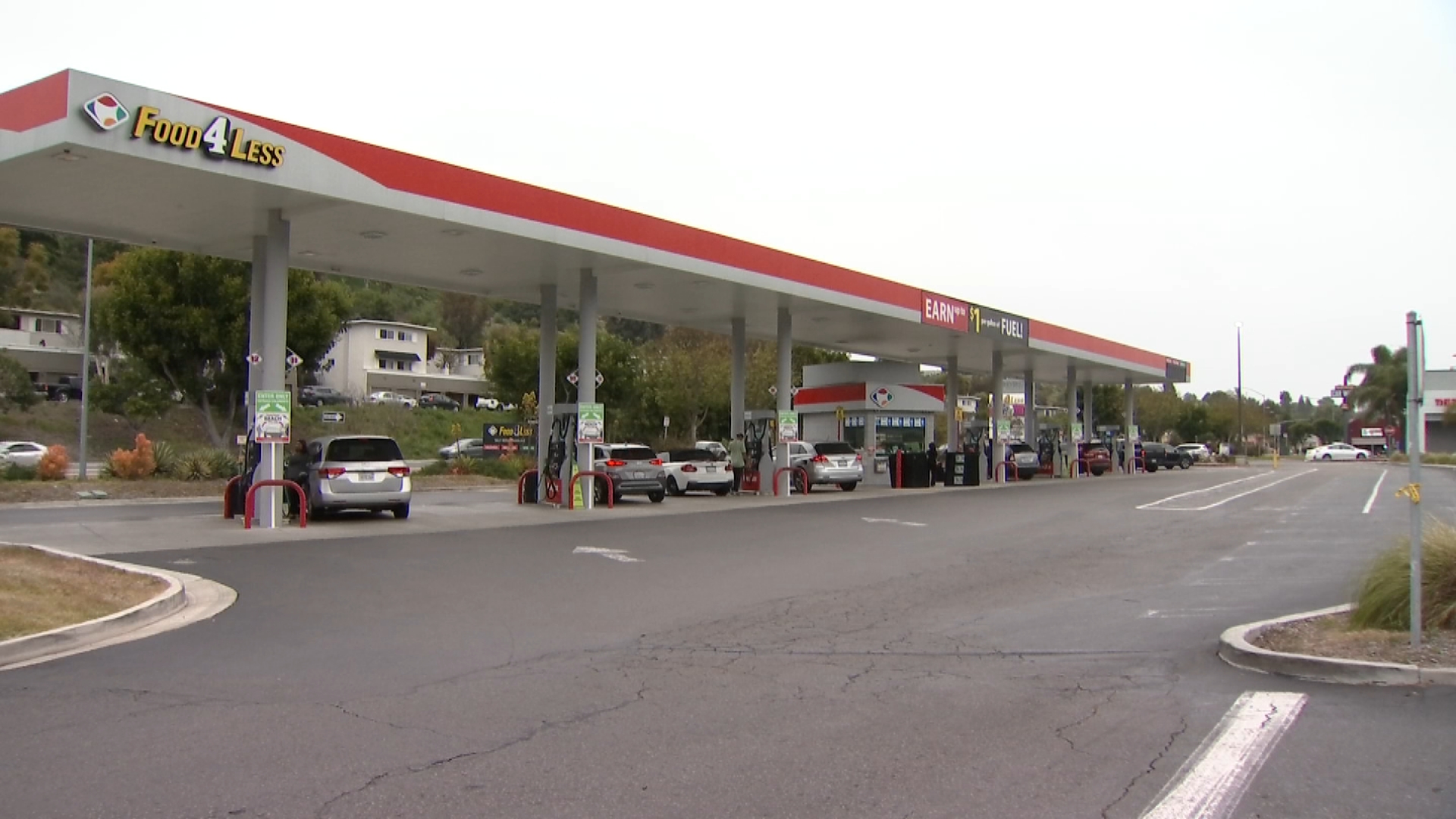U.S. authorities tried twice to deport the unarmed black man fatally shot by police in El Cajon, California, but his native Uganda refused to take him.
The U.S. Immigration and Customs Enforcement said Thursday in a statement to The Associated Press that Alfred Olango stopped reporting to officers in February 2015. Spokeswoman Virginia Kice didn't know if officers tried to find him after that.
ICE spokesperson Lauren Mack confirmed to NBC 7 San Diego that Department of Homeland Security databases show Olango arrived in the U.S. in 1991 as a refugee.
Mack said an immigration judge ordered Olango’s deportation in 2002 following a conviction for transporting and selling drugs. ICE then tried to obtain a travel document from the government in Olango’s native Uganda to carry out the deportation. Mack said those multiple requests for documents were unsuccessful.
Olango was released from ICE custody in 2003, under an order of supervision due to the Supreme Court’s ruling in Zadvydas v. Davis, Mack said. That ruling bars detention of foreign nationals if deportation is unlikely.
Immigration authorities took Olango into custody in 2009 after he served a prison term for a firearms conviction in Colorado, Mack said, but were again unable to obtain travel documents.
The 38-year-old was fatally shot Tuesday by El Cajon police after a confrontation with officers in a shopping center parking lot. According to police in the San Diego suburb, Olango allegedly took a "shooting stance" while holding an object in his hand, which officials later said was a vape smoking device.
Local
Police said Olango refused multiple instructions to remove his hand from in his pocket. The manager of a nearby fast-food restaurant where a drive-through employee recorded the only video believed to have captured the entire incident confirmed the police account.
Olango's death sparked protests in the city of about 100,000 people, located approximately 30 miles east of downtown San Diego.
Police have released a still image of the encounter, but not video. And at a news conference Thursday, an activist standing with Olango's family argued that the video needs to be released to tell the full story of what happened.
“We only can get a photo – but the country is begging for a video – of him pointing his hands without a gun in his hands,” said Rev. Shane Harris, president of the San Diego Chapter of the National Action Network.
Olango's mother, Pamela Benge, said at the news conference the 38-year-old was "a good, loving young man" who had no gun when police engaged with him and hadn't done anything wrong.



